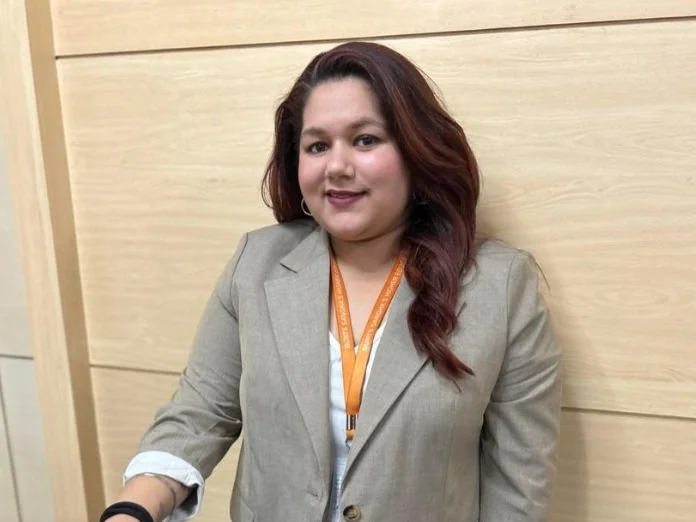EXPERT OPINION | Why should students pursue education and hospitality despite the recent dip in the industry? by Shivani Arora
/Fundamentally, hospitality revolves around human connection. The Latin word hospitalitis, which describes the relationship between a guest and a host, is actually where the word hospitality originated, and its importance in both business and education has only grown.
While the past year was tough for all industries alike, the way hospitality industry operates, and education is imparted, has been reshaped. There's never been a better moment to seize the opportunity and join an industry poised to enter the next major stage of development.
All other industries are inextricably linked to the hospitality sector. It's critical to comprehend the skills that students who seek hospitality education will acquire before I respond to your questions about why they should. As I frequently emphasize, hospitality management is a humane approach to conventional business education. And that's precisely what sets this course apart from others, along with the chances it offers.
Contrary to popular belief, a degree in hospitality provides doors for employment in nearly every field. The hospitality industry is not just about hotels and restaurants. Students are well equipped to work in industries like travel and tourism, banking & finance, real estate, consulting, luxury lifestyle & retail, event management and so many more.
In fact, a lot of students decide to go on and become successful entrepreneurs in their chosen field of interest. The unique quality of hospitality education is in its emphasis on human capital. This course is unique because of the ‘transferrable skills’ that students acquire, even though the curriculum includes modules on finance, marketing, economics, human resource management, strategy, law & ethics, entrepreneurship, and other business essentials.
These are skills and traits that stay with students throughout their professional and personal lives, and across industries, no matter what career path they opt for. In fact, according to predictions made by the majority of business periodicals, candidates will stand out for their soft skills, which include problem-solving, creativity, and critical thinking.
Given a choice between two equally eligible candidates, recruiters are always going to choose an employee which ranks higher on soft skills and emotional intelligence. These transferrable skills are a great asset to one's current skill set and have a significant impact on one's career path. Real-world learning is a significant advantage of a hospitality education. The theoretical as well as the practical aspects of learning are stressed equally.
With the help of case studies, industry narratives, and historical and contemporary organizational models, students can apply theory to real-world situations through this type of industry immersion.
In order to create space for a better, more sustainable, and more productive tomorrow, they are taking lessons from the past. Although there are many opportunities in education, it's also critical that students arrive prepared and with the appropriate attitude.
Individuals that possess creativity, the ability to think and act unconventionally, or a strong desire to become tomorrow's leaders are ideal candidates for this kind of training. I would argue that, as the consumer-industry ecosystem develops, the importance of the service has surpassed that of the product. People are found wherever there is experience, and there is a dramatic change occurring worldwide from products to experiences.
Additionally, education has a lasting value since, in situations when others are having difficulty, hospitality advances thanks to transferable skills that accumulate over time. What will the job market be like in five or ten years? Nobody knows for sure. What we do know is that some skills particularly in industries like hospitality where human interaction is the Unique selling proposition, will remain in high demand, while others will become obselete.
Shivani Arora is an enthusiastic and dedicated professional with a Master’s in Travel Tourism Management from the University of Mumbai and a Bachelor's in Hospitality Studies from Sheila Raheja Institute of Hotel Management. With experience at Thomas Cook India, Travelxp TV, Iris Representations, Sutherland Global Services, and Trident Hotels, she now excels in academia, training postgraduate and undergraduate students. Passionate about molding students into industry-ready professionals, Shivani fosters intellectual curiosity and confidence for lifelong learning.




